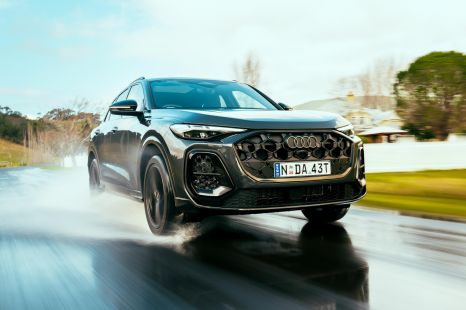

James Wong
2026 Audi SQ5 review: Quick drive
6 Days Ago
The Opposition has opposed any version of the Australian Government's proposed vehicle emissions regulations, and will take a different policy to the next election.

News Editor
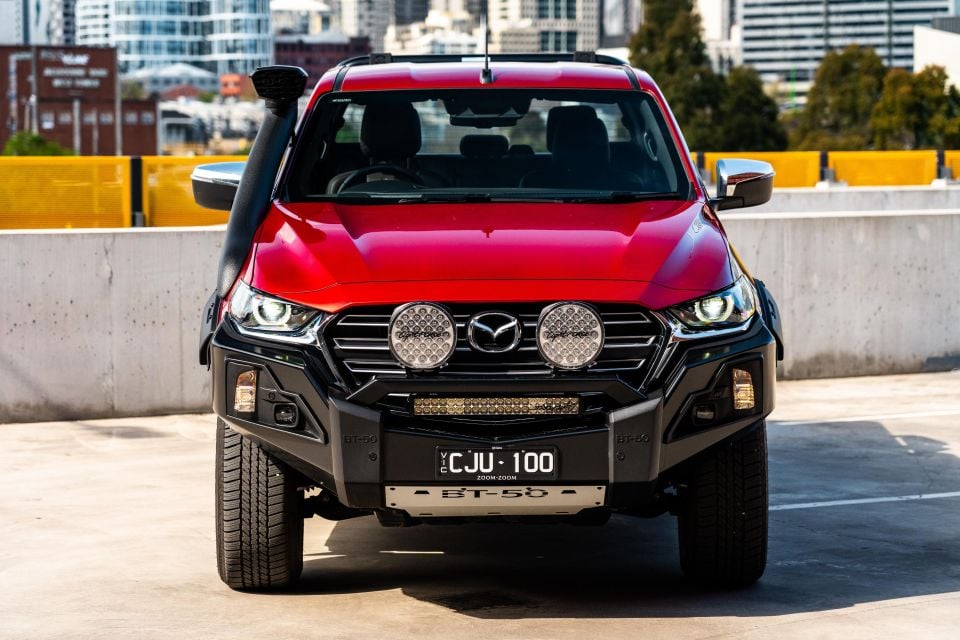

News Editor
The Coalition won’t back any version of the Labor Government’s proposed vehicle emissions regulations, even as the latter suggests it will put forward a compromise.
Per a report in The Australian Financial Review, Opposition Leader Peter Dutton said he won’t even support a watered-down version of the New Vehicle Efficiency Standard (NVES).
“The Coalition will not be Labor-lite, we won’t have a softer version of what Labor’s proposing,” he reportedly told his party room.
“It castigates Australians who are making purchasing decisions for whatever reason they may have them, and will push up car prices.
“If people want to buy an electric vehicle, we think that is terrific but we don’t think that you should tax others for the choice that somebody else makes.”

Mr Dutton will instead take an alternative policy to the next election, which judging by his remarks is unlikely to involve credits or penalties for carmakers.
Under the Government’s proposed NVES regulations, which are intended to come into effect from January 1, 2025, carmakers will be given targets for average CO2 emissions per kilometre across their vehicle fleets. Over time this CO2 target will move, forcing companies to provide vehicles with lower or zero emissions to meet stricter targets.
If companies meet or beat their CO2 target, they’ll receive credits. If they miss it, they can either trade credits with a different supplier, make it up over a set period, or pay a penalty.
Carmakers will still be able to sell larger, less efficient vehicles, but they’ll need to offset these with zero- and low-emissions vehicles or by buying credits from another carmaker.
The Government has put forward three possible NVES models, with Option B being its preferred pathway. You can view a detailed breakdown of the three models here.
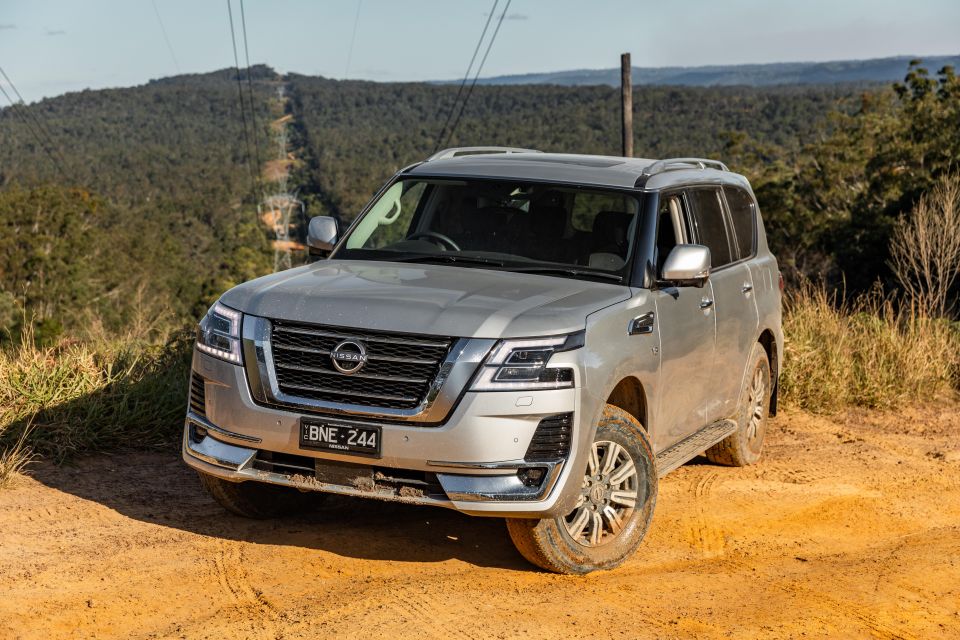
Numerous car companies and industry groups, however, have argued the Government’s timeframe is too tight and called for aspects of the more lenient Option A proposal to be incorporated.
Climate and Energy Minister Chris Bowen has indicated the Government is willing to make “sensible” compromises.
Per the AFR report, Mr Bowen said the policy was primarily about achieving a 2035 emissions reduction target which has yet to be decided – and not the 2030 target, which involves reducing emissions by 43 per cent over 2005 levels.
Labor will need the support of the Greens to get the emissions regulations through the Senate.
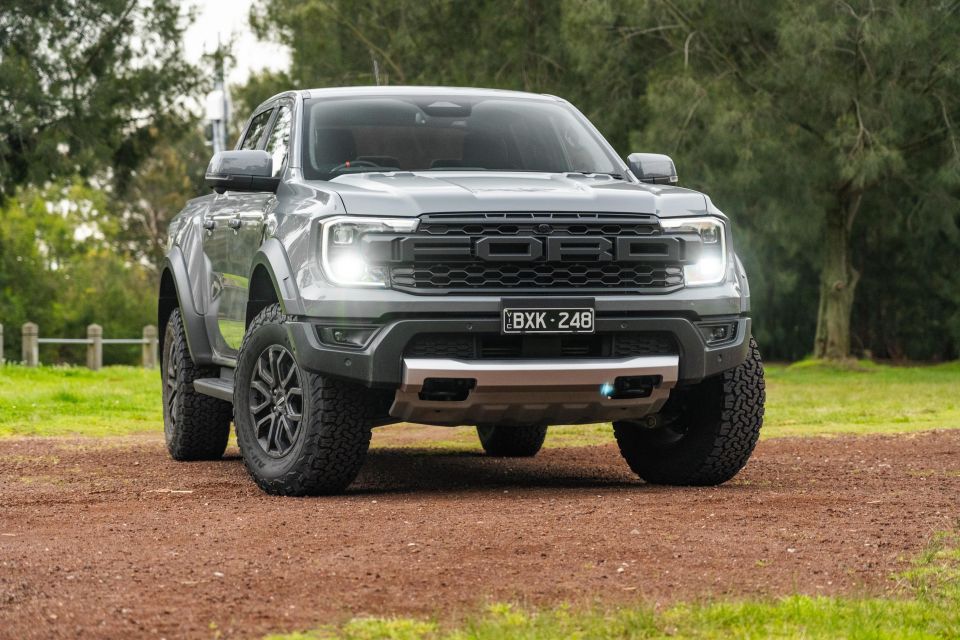
However, the minor party has said it will only vote for the legislation sight unseen if the Government ditches its plans to water down consultation requirements for offshore gas development – plans it has made to secure the Coalition’s support on another piece of legislation.
That has led Mr Bowen to call out the minor party, effectively daring them to vote against the legislation.
“This is a reform that’s been in the too-hard basket for 20 years that many in the motoring lobby… have been calling on and also in the climate movement have been calling on,” he said earlier this week in remarks reported by the AFR.
“I don’t think the Greens want to seriously contemplate standing in the way of that important reform.”
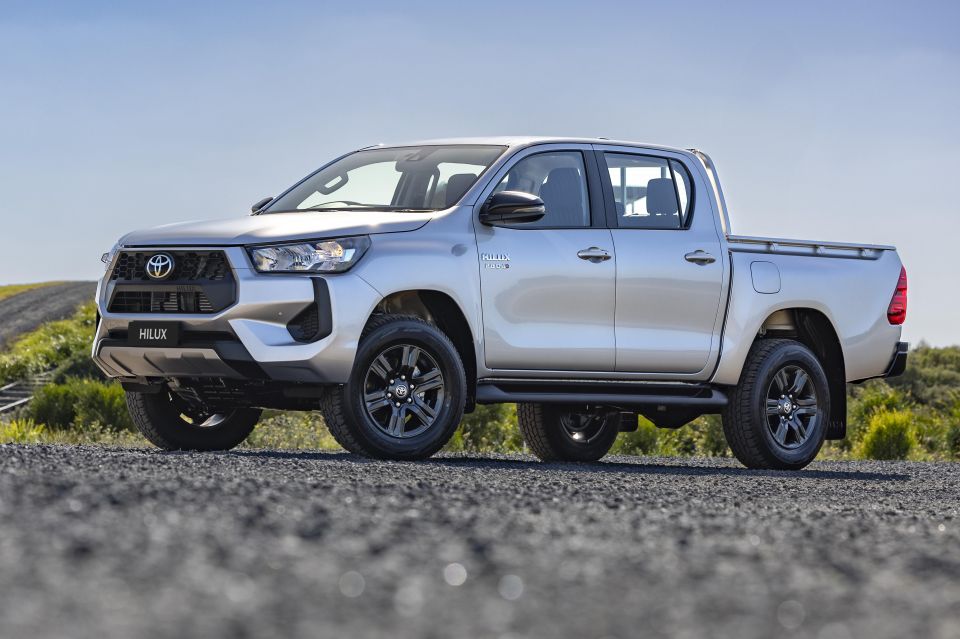
The Australian Government has said the regulations will not only reduce vehicle emissions, but save Australians around $1000 per vehicle per year in fuel costs by 2028 while also spurring carmakers to bring more efficient options to our market.
It says there’s “no evidence” to suggest the NVES will increase vehicle prices, pointing to the US and Canada as proof, and specifically called out vehicles like the Toyota HiLux and Tundra and Ford Ranger as examples of vehicles sold in markets with efficiency standards.
But the Coalition has said it will drive up prices, citing data from the Federal Chamber of Automotive Industries – the lobby group for carmakers in Australia – and called it a “direct hit on popular models that Australians love to drive”.
MORE: All our coverage on the New Vehicle Efficiency Standard
William Stopford is an automotive journalist based in Brisbane, Australia. William is a Business/Journalism graduate from the Queensland University of Technology who loves to travel, briefly lived in the US, and has a particular interest in the American car industry.


James Wong
6 Days Ago
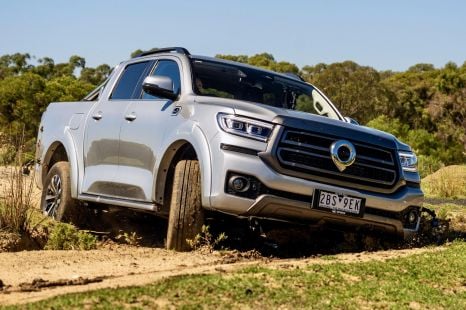

Max Davies
5 Days Ago
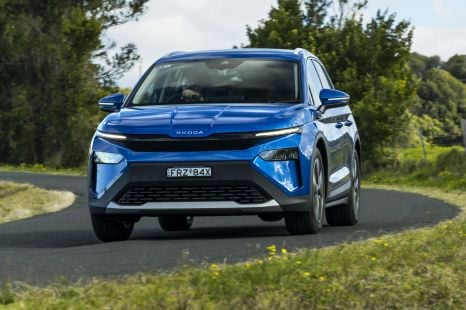

Josh Nevett
3 Days Ago
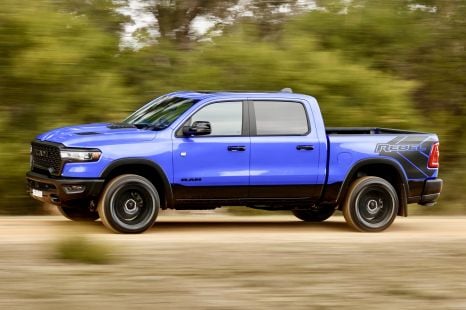

Max Davies
3 Days Ago
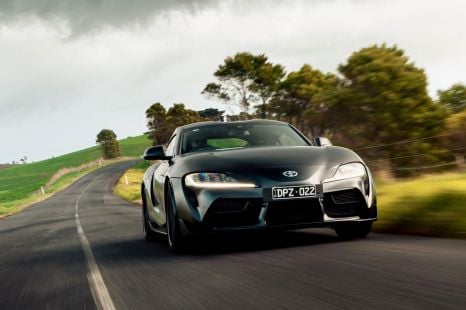

Max Davies
2 Days Ago


Derek Fung
1 Day Ago